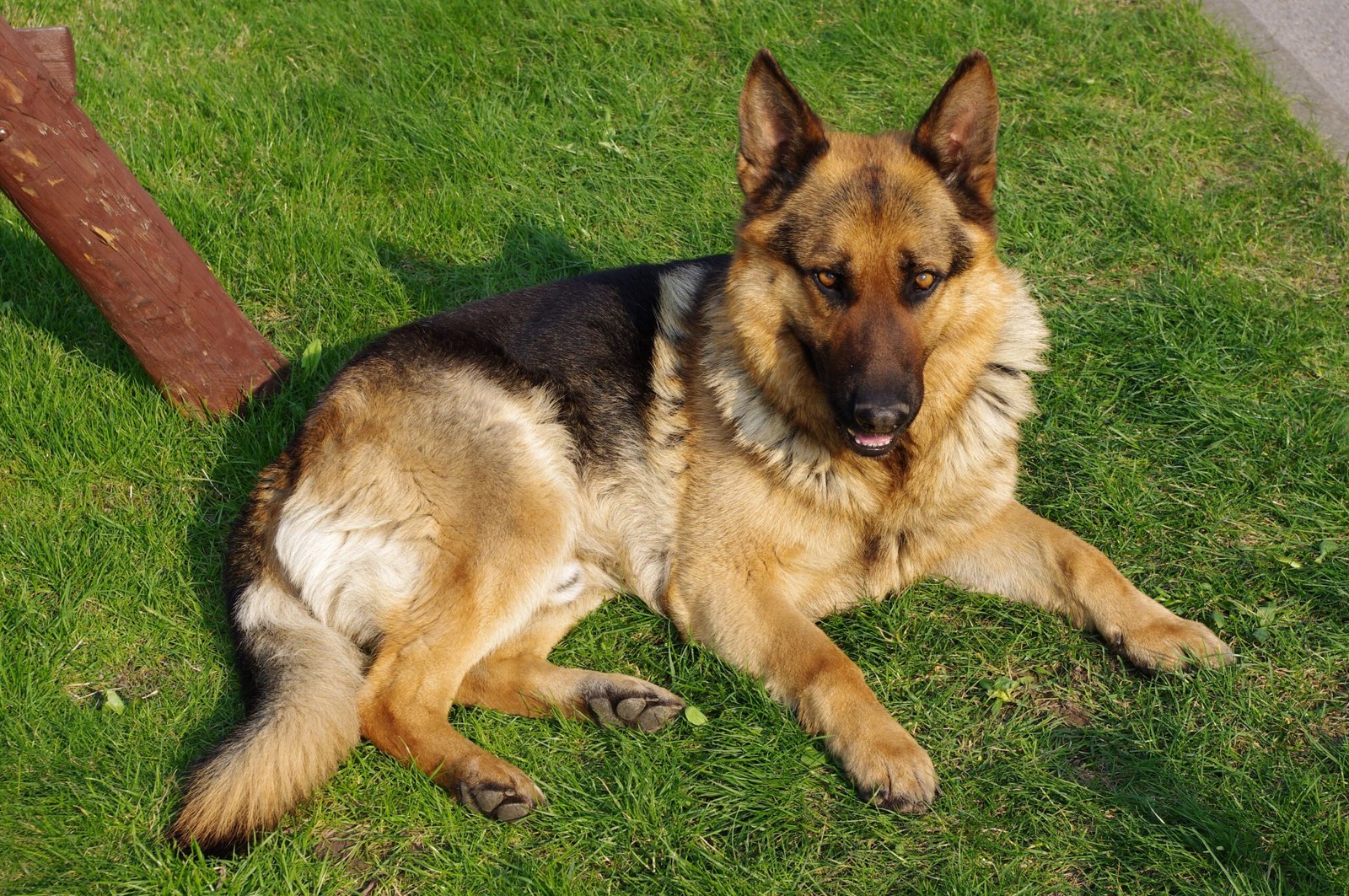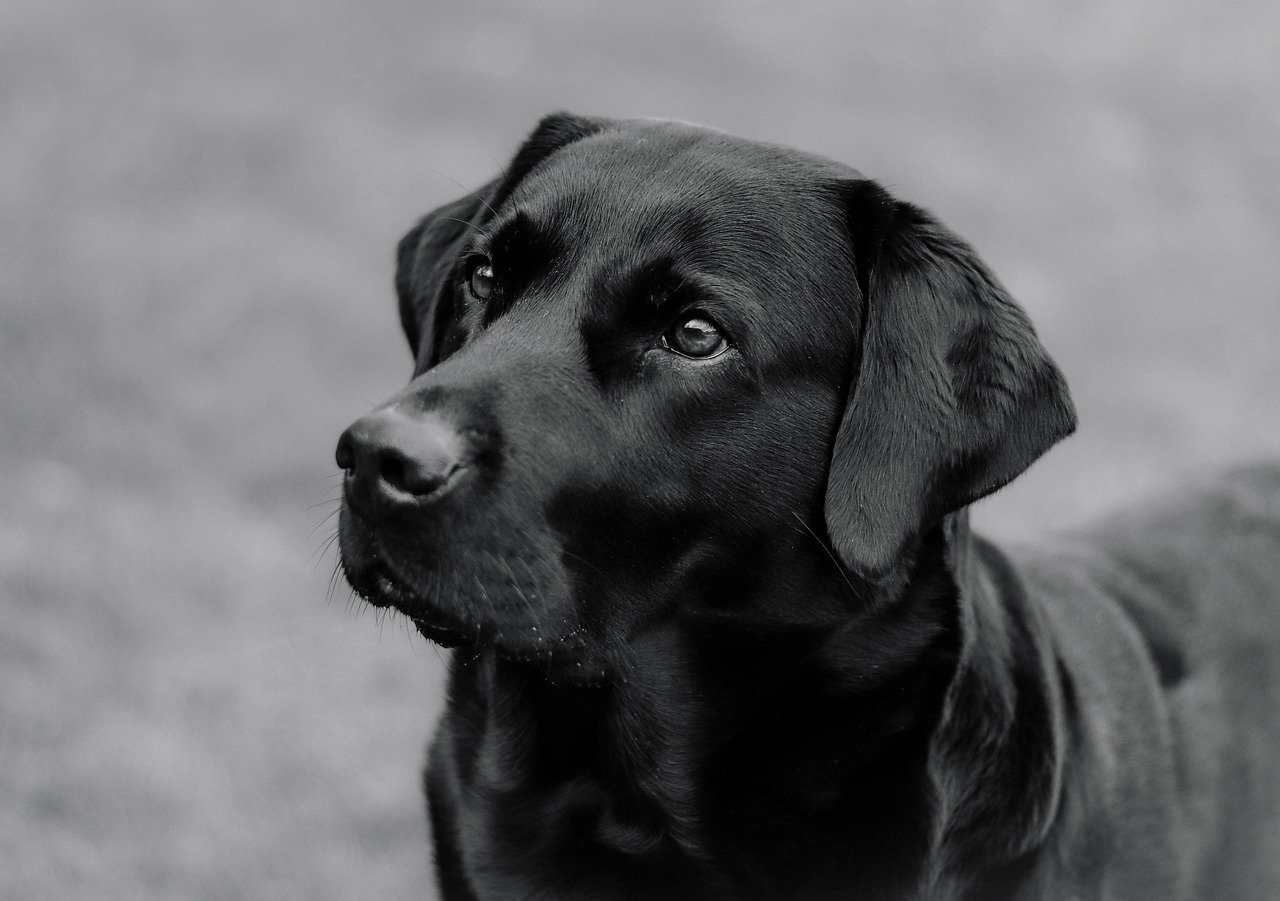Have you ever watched your dog’s muzzle turn gray and felt your heart swell with love and worry? Our senior pups have offered us years of loyalty and joy, and now it’s our turn to make sure their golden years are nothing short of spectacular—especially if you call the breathtaking Colorado mountains home. Between crisp mountain air, rolling meadows, and endless hiking trails, Colorado offers a magical playground for aging canines. But high altitude, shifting weather, and rugged terrain can pose new challenges for our four-legged friends. So, how can you ensure your senior dog’s days are filled with comfort, adventure, and happiness? Let’s discover 15 heartfelt ways to help your aging companion thrive in the Rockies.
Prioritize Regular, Gentle Exercise
As dogs age, their needs change—but their love for life, adventure, and companionship doesn’t fade. In Colorado’s majestic mountain landscapes, senior dogs can still enjoy meaningful moments with the right care and attention. From adjusting their exercise routine to match the altitude to keeping them warm during chilly alpine nights, making your senior dog’s golden years shine is all about balance, comfort, and connection.
Staying active is vital for your senior dog’s physical and mental health, but in Colorado’s mountains, a gentle approach is key. Short, slow walks on even trails allow your pup to enjoy the fresh mountain air without overexertion. Avoid steep climbs or rocky paths that might stress aging joints. Early mornings or late evenings are best, since midday sun at high altitudes can be intense. Try switching things up with short swims in safe lakes or calm streams—many senior dogs love the buoyancy water provides. Always watch for signs of fatigue: panting, lagging behind, or limping mean it’s time to head home. Remember, it’s not about distance or speed; it’s about joyful, safe movement together.
Keep Paws Protected from Rocky Terrain
Colorado’s rocky trails and hot summer paths can be tough on tender paws. Senior dogs are especially vulnerable to cuts, scrapes, and burns, so consider investing in high-quality booties designed for dogs. Not all pups love wearing them, but with patience and positive reinforcement, many adjust over time. Before each walk, check your dog’s paw pads for cracks or redness. After hikes, gently wipe their feet to remove dust, sand, or hidden thorns. Moisturizing paw balms can help prevent dryness, especially in Colorado’s famously dry climate. Think of booties and balms as your dog’s version of hiking boots and lotion—a little comfort goes a long way.
Adjust Diet for Aging Needs

Senior dogs’ nutritional needs change, and Colorado’s active lifestyle means your dog may need a diet tailored for joint health, weight management, and energy. Foods rich in omega-3 fatty acids, glucosamine, and chondroitin can support aching joints. Consult your vet about the best food for your dog’s breed, age, and activity level. Treats should be healthy and low-calorie; think sliced carrots or apple bits. Hydration is crucial, especially at higher altitudes where dehydration sets in quickly. Always carry fresh water on hikes, and watch for signs of thirst like dry gums or lethargy. Remember, a well-fed dog is a happy, healthy adventurer.
Schedule Frequent Vet Check-Ups

Just as we see doctors more often as we age, senior dogs benefit from twice-yearly veterinary visits. Colorado’s environment presents unique risks: altitude can worsen heart or respiratory issues, and ticks are common in the foothills. Regular check-ups help catch problems early, from arthritis to dental disease. Don’t hesitate to discuss any subtle changes—like increased panting or reluctance to walk. Your vet may recommend blood tests to monitor organ function or suggest supplements for joint health. Early detection means more options for keeping your best friend comfortable and active. Prioritizing healthcare shows your devotion in every wag of their tail.
Make Home Adjustments for Comfort
Aging dogs may struggle with stairs, hardwood floors, or slippery tile. Consider adding non-slip mats or rugs along frequently used paths in your home. Ramps or pet stairs can help your dog get onto beds, couches, or into the car without jumping. Orthopedic beds offer extra support for achy joints and can make a world of difference at night. Keep food and water bowls at a comfortable height to avoid unnecessary strain. In the chilly Colorado winters, a cozy heated bed or soft blanket is a true luxury. Simple changes can transform your house into a safe haven for your senior companion.
Embrace Mental Stimulation
Just like people, older dogs need to keep their minds sharp to stay happy. Interactive puzzle toys, treat-dispensing games, or gentle scent work can provide hours of entertainment. Scatter a few treats in your yard or around the house and let your dog sniff them out. Teach new, simple tricks or reinforce old favorites with lots of praise. Even watching the world from a sunny porch or window can be stimulating for dogs who tire easily. The key is variety—switch up activities to keep your dog engaged, curious, and mentally active. A busy mind helps ward off restlessness and anxiety.
Monitor for Signs of Pain or Discomfort

Dogs are masters at hiding pain, especially when they want to please their humans. Watch closely for subtle signs: limping, whining, excessive licking, or changes in appetite. Difficulty rising, hesitation on stairs, or refusing favorite activities may mean your dog is hurting. Colorado’s weather changes can aggravate arthritis or old injuries, so be extra vigilant after cold snaps or storms. Speak up to your vet about anything unusual, no matter how minor it seems. Addressing pain quickly can prevent bigger problems and restore your dog’s zest for life. Their comfort is your top priority.
Create Safe, Enclosed Outdoor Spaces
The Colorado mountains are home to stunning wildlife—and unexpected dangers. Coyotes, bears, and even mountain lions are not uncommon. An enclosed, secure yard lets your senior dog enjoy fresh air without risk. Fences should be high enough to deter jumpers and low enough at the bottom to prevent crawling under. Check regularly for gaps or weak spots. If you don’t have a yard, consider a sturdy playpen or leash your dog in open areas. Shade and water are a must, as seniors are more sensitive to heat and cold. Safe outdoor time means peace of mind for both of you.
Maintain Grooming and Coat Care
Senior dogs may groom themselves less efficiently, especially if arthritis makes certain movements painful. Regular brushing keeps their coat shiny and reduces shedding—an important consideration with Colorado’s dry air, which can cause itchy skin. Baths should be gentle and infrequent to avoid drying out skin. Check for lumps, bumps, or irritated spots during grooming sessions. Trimming nails is crucial, as long nails can make walking uncomfortable and increase the risk of slipping. If your dog has trouble standing, try grooming on a soft, supportive surface. A well-groomed coat is more than just pretty—it’s part of overall health.
Watch for Altitude-Related Issues
High altitude can affect dogs just as it does humans. Senior dogs may find it harder to breathe, tire more quickly, or become dehydrated faster in Colorado’s thinner air. Watch for signs like rapid panting, coughing, or unusual lethargy on hikes. Acclimate your dog slowly to higher elevations if you’re visiting or moving. Always keep outings short at first and increase gradually as your dog adjusts. Bring more water than you think you’ll need, and take breaks often. Never push your dog to keep up—listen to their pace and needs. Altitude awareness is a hidden key to mountain living with seniors.
Foster Social Connections
The joy of company doesn’t fade with age. Arrange gentle playdates with other calm, friendly dogs or invite dog-loving friends over for quiet visits. Group dog walks, dog-friendly cafes, or local pet events can add a spark to your dog’s week. Social interaction helps prevent loneliness, which can be just as hard on older dogs as it is on people. If your dog is shy or anxious, try introducing new friends slowly and in familiar spaces. Even brief greetings on daily walks can lift your pup’s spirits. Remember: connection and companionship are as vital as food or exercise.
Use Mobility Aids and Support Harnesses

If your senior dog struggles with mobility, don’t hesitate to use supportive gear. Special harnesses with handles allow you to gently lift or steady your dog on walks, stairs, or getting into the car. Wheelchairs or carts are available for dogs with severe mobility loss and can give them a new lease on life. Non-slip socks can help with traction inside. These aids aren’t just practical—they’re an act of love, helping your dog maintain independence and confidence. There’s no shame in offering a helping hand; your dog will appreciate the support.
Offer Gentle Massages and Physical Therapy
Massage isn’t just a luxury for humans. Gentle strokes help relax stiff muscles, improve circulation, and offer comfort to your senior dog. Use slow, circular motions on sore hips, shoulders, or backs, and watch for signs your dog is enjoying it—closed eyes, relaxed breathing, or gentle sighs are all good indicators. Professional canine physical therapists in Colorado can design tailored exercises to build strength and ease pain. Hydrotherapy—swimming in warm water—is another soothing option for joint pain. These therapies can transform your dog’s comfort level and deepen your bond.
Provide Warmth and Shelter Year-Round

Colorado is famous for its wild weather swings—one day sunny, the next a sudden snowstorm. Senior dogs are less able to regulate body temperature, so warmth and shelter are vital. Indoors, provide cozy blankets, beds away from drafts, and even heated pads for cold nights. Outdoors, limit time exposed to wind, rain, or snow. In summer, shaded areas and cool tile floors help prevent overheating. Always dry your dog thoroughly after wet walks to prevent chills. Think of their comfort as you would for a beloved grandparent—warm, safe, and well-cared-for in any season.
Celebrate the Little Moments
The truth is, every day with your senior dog is a gift. Snap photos of silly faces, enjoy belly rubs in the sunshine, or share a quiet moment watching the sunset. Create new traditions, like a special treat after walks or a favorite spot by the fire on winter evenings. Mark birthdays or “gotcha days” with a small celebration. Even when outings become shorter or naps grow longer, relish the simple joys. Your dog’s golden years are precious—and it’s the love you share that makes them shine.
Helping your senior dog enjoy their golden years in Colorado’s mountains is a rewarding journey filled with small adjustments and big heart. By prioritizing their comfort, health, and emotional well-being, you’re not only extending their quality of life—you’re enriching your own. From mindful exercise in the high-altitude air to cozy accommodations during snowy months, each effort you make strengthens your bond and shows your love. With a little planning and a lot of compassion, your older dog can continue to thrive among the peaks they call home.





